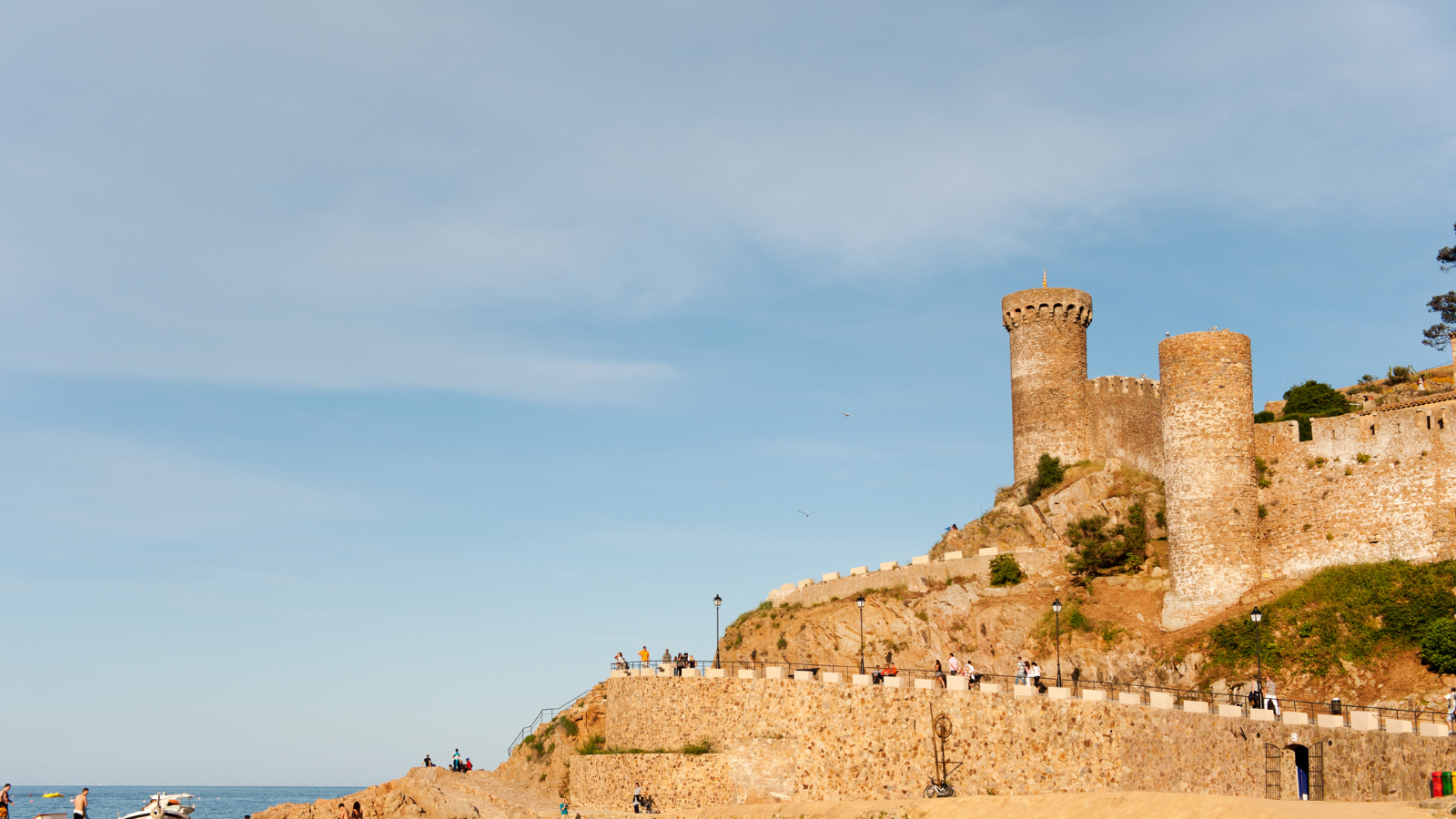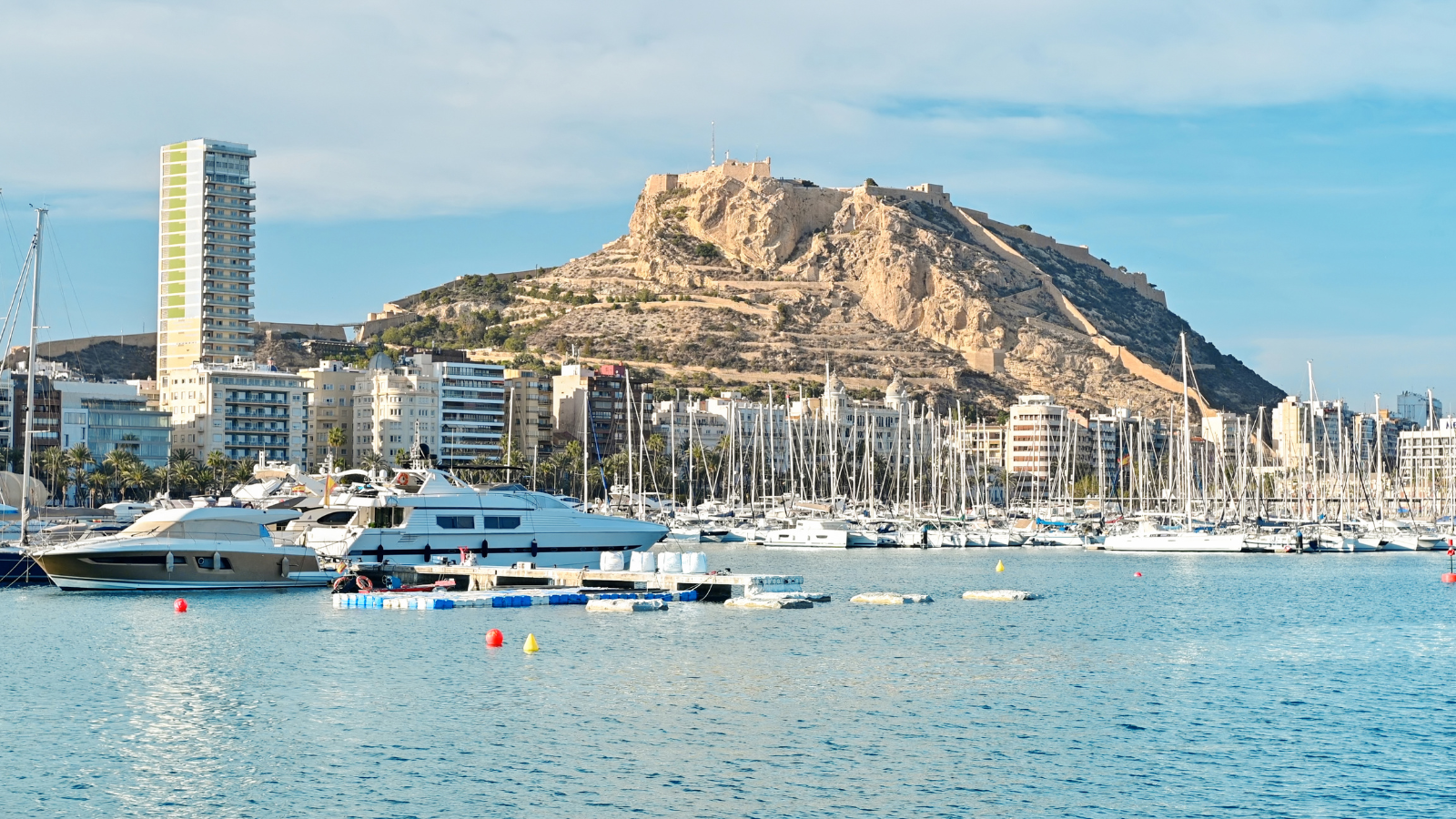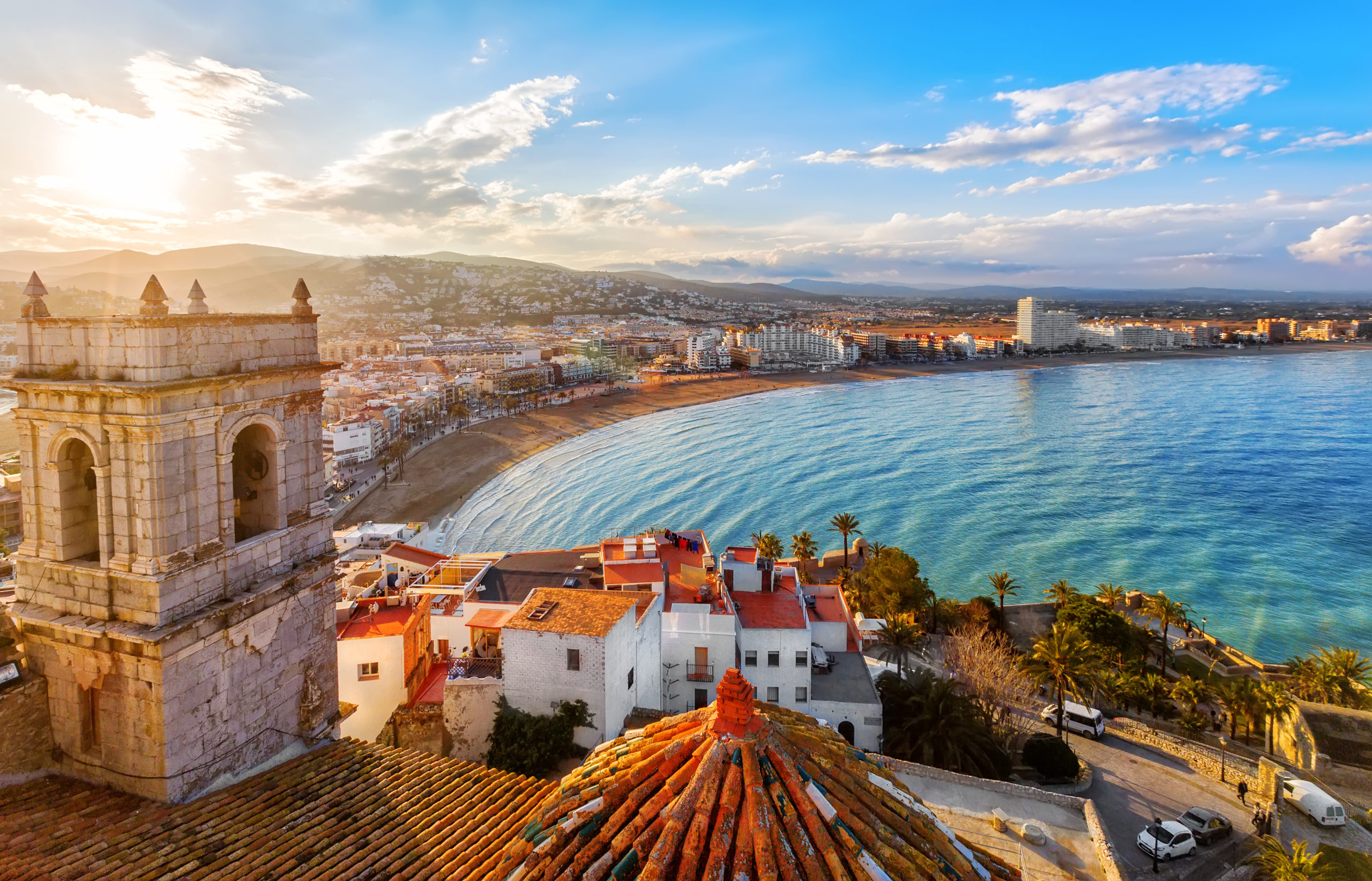- People
- Expertise
Our expertise
We are a team of more than 600 professionals, with the depth of experience which makes us genuine experts in our fields. Together, gunnercooke’s people have strength across just about every corporate discipline and sector. We provide legal, commercial and strategic advice that delivers real value to the clients we work with, which span from multinational enterprises through to not-for-profit organisations. Our breadth of expertise covers some of the most interesting emerging disciplines such as charity, crypto, sports and competition law.
Search by practice areaDispute ResolutionDispute Resolution OverviewMeet the Dispute Resolution TeamIntellectual Property DisputesFinancial Services & FinTech OverviewProceeds of CrimeEmployment TribunalTax InvestigationProperty Dispute ResolutionInsolvency DisputesMediationCivil Fraud & Asset TracingHealth & SafetyBusiness Crime & InvestigationsLitigation & ArbitrationInternational Arbitration - International
International Offices
The gunnercooke group has 16 main global offices across England, Scotland, the US, Germany and Austria, with further plans for growth in the coming years. These offices enhance the existing in-house capability of our dedicated international teams and dual-qualified experts that cover Spain, France, Italy, Portugal, Brazil, China, India, Poland and Hungary. Our team have clients across 123 jurisdictions, speak 46 languages and are dual-qualified in 21 jurisdictions. Our expertise means we can offer large teams to carry out complex cross-border matters for major international clients.
- Our story
Our story
gunnercooke is a Top 70 law firm. We comprise a rapidly growing number of experts spanning legal and other disciplines. Clients benefit from flexible options on fees to suit their needs, access to a wider network of senior experts throughout the relationship, and legal advice which is complemented by an understanding of the commercial aspects of running a business.
- Reading Room
- News & Insights

You might own property in Spain together with your spouse and you are not sure how it will be transferred to your partner when you die. Will the surviving spouse automatically inherit your share without the need to deal with the Probate? Will there be any taxes to pay in Spain? Do you have to grant a Spanish Will?
There are many questions that we are frequently asked by clients and also by our colleagues in the UK when they are dealing with their client’s Probate in England and Wales, especially in those cases where there is an asset in Spain, and they are not sure how to deal with it.
The first question we should consider is: Are Spanish and UK Probate systems and procedures similar? The answer is crystal clear: No, they are not. In fact, they are very different, and knowing how this all will work in the future when the owner of the property dies and his/her beneficiaries inherit the asset, it is certainly useful to look for the most tax-efficient way to transfer the asset and to know the necessary steps that should be taken when the time arises.
Current title ownership. First of all, we should look at how the property is owned at present. In most cases, clients bought their place in the sun jointly, as a couple. Does this mean that when one of the spouses passes away, his/her share will it automatically be transferred to the surviving spouse, as it would in the UK? No, it does not.
There is no joint ownership in Spain. Spouses who have bought property in Spain jointly, they are co-owners, thus they own 50% each (as likely percentage, although at the time of buying the property they might have purchased it with a different share arrangement).
Therefore, when one of the spouses passes away, his/her share has to be formally transferred to the surviving spouse or to whomever the beneficiaries are, according to the deceased’s Will (or Intestacy rules, if there is no Will), by dealing with the Spanish estate.
Can the Spanish property be dealt within the Probate in the UK, and simply inform the Spanish authorities about it? No, it cannot. It is necessary to deal with the Spanish Probate separately. And this has to be done in Spain.
We have come across quite a few times with clients who want to sell their property in Spain when they get older, and they cannot do so because the property is still registered in their late husband/wife’s name. They were under the impression that after the passing of the spouse, the property was automatically transferred onto them thus, they can freely sell it but, unfortunately, this is not the case and some clients have seen their selling expectations frustrated, losing some good offers because they did not know they should have dealt with the Probate in Spain too.
So, how does Probate in Spain work? We can briefly explain this in 6 steps.
- Gathering the necessary documents, such as the death certificate, Will, title of the property, bank certificates, Spanish Council Tax receipts, among others. All documents will have to be Apostilled and translated by an official translator.
Depending on whether there is a Spanish Will in place or not, a Certificate of English Law, drafted by a dual-qualified Solicitor and Spanish Lawyer will be necessary in order to explain to the Spanish Notary, who, under English Law, should inherit the Spanish asset. - The beneficiaries will need to apply for a Spanish Tax Number (NIE).
- Preparing the Inheritance Deed with a Spanish Notary.
- Attending the Notary office to sign the Inheritance Deed to accept the estate. An attorney can be appointed through a POA to sign on behalf of the beneficiaries in Spain. Our Spanish Desk Partners normally sign on behalf of their clients to save them from traveling to Spain for that purpose.
- Paying Taxes.
- Registering the property at the Land Registry.
Is it necessary to engage a Spanish lawyer to assist with the process? It is not compulsory, because Notary Publics in Spain can assist with Probate, but it is advisable, mainly when there is a cross-border element.
Will the surviving spouse have to pay taxes when inheriting her/his husband or wife’s share over the property? In this case, the answer is not that easy, and it will depend on the value of the property and where it is located. Spanish inheritance tax rules are different in each region and in fact, they substantially differ between them. While in some regions the beneficiary of an estate will benefit from a 1 million Euro threshold free of taxes per beneficiary, should the assets be located in another region, the beneficiary will only benefit from a 100,000Eur tax allowance.
It is important to note that under Spanish Law, it is not the estate who pays the taxes but the beneficiaries, and taxes have to be paid up front. Therefore, and unfortunately, the beneficiaries cannot sell the property first and then pay the taxes. Knowing in advance the amount of taxes that will be due when inheriting an estate in Spain can prove of help in order to anticipate, or to plan, ways to face the payment of the taxes.
For further information about Spanish Taxes, click here.
Is it necessary to have a Spanish Will? It is not mandatory but it is advisable to have a Spanish Will in place when owning property in Spain. In fact, not only when owning property in Spain. If you are considering granting a Spanish Will to cover your assets in Spain, we would strongly recommend seeking legal advice from a dual-qualified Spanish lawyer and English Solicitor to make sure that both Wills do not revoke each other.
For more information on Spanish Wills, click here or read this article.
Please don’t hesitate to get in touch with our team if you have any questions. You can contact the Spanish Desk here.





